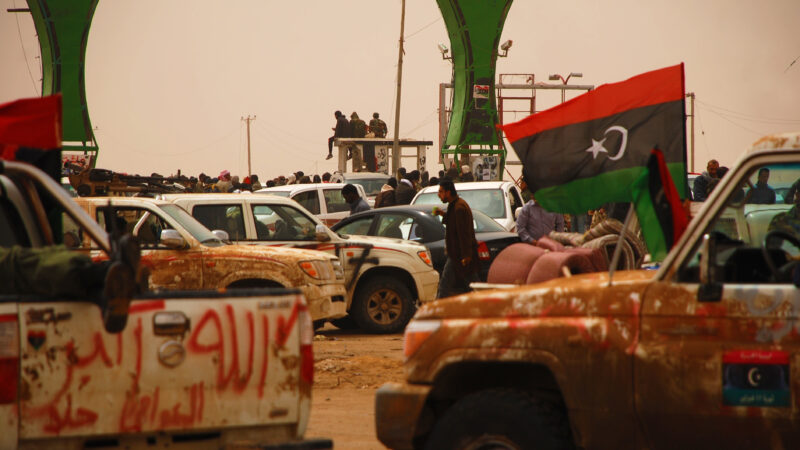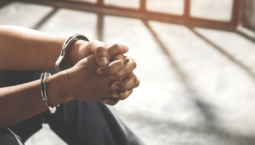Libya

Information about Libya
Main religion: Islam
Governance: Presidential
Number of Christians in total: Estimated 30,000 (mainly guest workers from Egypt, Philippines and Africa)
Number of convert Christians: At least 70 known native convert Christians with Arab and Amazigh backgrounds
Islamization nearly wiped out the church in Libya
It's not that Libya hasn't played an important role in church history. It was Simon, from Cyrene in present-day Libya, who helped Jesus carry his cross to Calvary. When the Holy Spirit was poured out on the day of Pentecost, people from present-day Libya were present.
Several theologians who have had a decisive impact on the development of the theology of the Christian Church are from North Africa, such as Tertullian, Origen, Cyprian and Augustine. During this period, the church flourished in Libya and neighboring countries.
In the 7th century, Arab tribes invaded North Africa and defeated the indigenous peoples of North Africa, the Berbers, or more properly the Amazigh, as they prefer to be called. With the Arab invasion came the Islamization of the region, and for centuries the church was almost non-existent.
In 1969, Muammar Gadaffi came to power in Libya in a coup. Only Arabic was allowed and the language of the indigenous peoples, Amazigh, was illegal. Parents were not even allowed to name their children in Amazigh. The church consisted mainly of Christian guest workers, including from Egypt, while the number of Christian converts, both Arab and Amazigh, was very limited. In the 1980s, there were only five known Christian converts.
In 2011, Muammar Gaddafi was overthrown as a result of uprisings in the wake of the Arab Spring. Several Western countries backed the resistance movements militarily. A brutal dictator may have been removed, but since 2011 the country has been characterized by instability, with the Tripoli government in the west of the country vying for power with the Tobruk government in the east.
I This tense situation, with a lack of legitimate authorities, creates a power vacuum where extremist, militant Salafist movements can play a major role. In both the eastern and western parts of the country, police and intelligence tasks are even partially delegated to such groups.
There are also examples that Islamists are acting as moral police by demanding gender segregation in public gatherings, banning the sale of certain books and requiring women to dress Islamically. Not only Christians, but also atheists, feminists and humanists risk persecution.
But in this particular situation, God works
More and more Libyans with a Muslim background want to hear about Jesus. Danish European Mission's partners are witnessing this. Although Christians risk imprisonment, ostracization of their families and ultimately martyrdom, Muslims are seeking Jesus at this time. Jesus' love, his person, life, teachings and message of forgiveness and love of enemies stands in contrast to the religion of Islam, which a large proportion of young people in particular are rebelling against. In 2019, the Arab Barometer poll showed that as many as 35.5 % of 18-29 year olds in Libya identify themselves as non-religious.
What does the Danish European Mission do
- Danish European Mission's improvers and donors support that convert Christians can be trained in the Christian faith, and that convert Christians under pressure can receive pastoral care and counseling in their specific situation.
- Danish European Mission supports the translation of the Bible into a minority language.
- The Danish European Mission has tried through diplomatic channels to contribute to the release of a Christian prisoner of conscience from prison, but has not yet succeeded.




